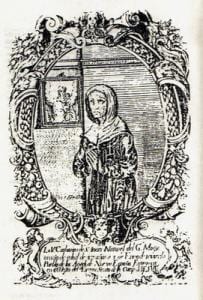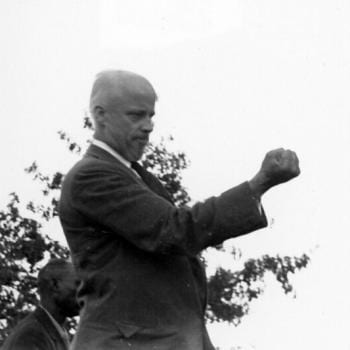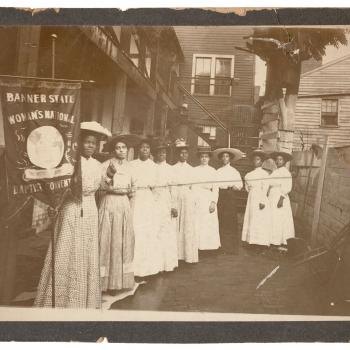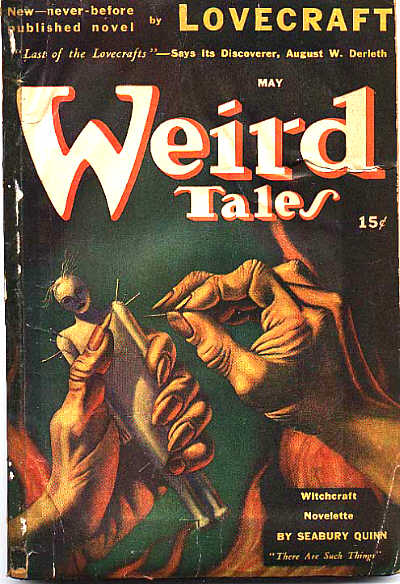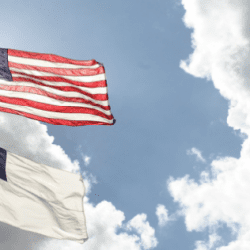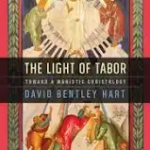Sometime around the year 1610, Portuguese slave traders seized a young girl, by tradition on the southwestern coast of India. Her name became Catarina. Sold in the Manila slave markets, she was brought to Mexico. After her death, Catarina was venerated as a saint, though never canonized. Although many details of her life are uncertain, she is extremely well-known for an Asian slave in New Spain. Her confessors Alonso Ramos and José del Castillo ensured her remembrance through their hagiographies.... Read more


